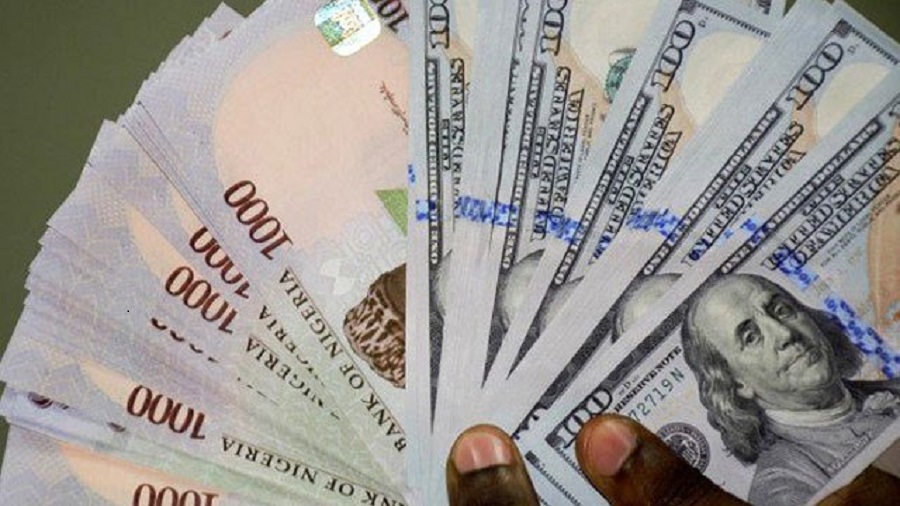
Financial analysts have attributed the decline in the value of currency outside banks to the Central Bank of Nigeria’s tightening of the Monetary Policy Rate and ongoing inflationary pressures.
According to the CBN, the value of currency outside Nigerian banks dipped by 0.62 per cent to N3.61tn from N3.63tn in the previous month.
The apex bank raised the MPR by two per cent to 24.75 per cent in March, with the effects becoming more pronounced in April.
Analysts explained that the increase in the MPR, designed to curb inflation and stabilise the economy, had directly impacted the amount of currency in circulation.
Speaking with The PUNCH, a financial analyst, Olaid Baanu, stated that the interest rate tightening in March, and the large number of auctions in the Open Market Operations market were the major causes of the decline in the value of currency outside Nigerian banks.
He added that the value of money in circulation in May increased due to the large settlement of $1.3bn Naira Non-Deliverable Forwards and the consequences of a liquidity trap, causing the public to hoard rather than for investments or purchases.
He said, “The decline in the value of currency in circulation in April could be attributed to several factors. The tightening of the Monetary Policy Rate in March with further impacts in April, along with a significant number of auctions in the Open Market Operations market during the same period.
“Additionally, there was zero settlement of Naira Non-Deliverable Forwards within this timeframe. However, the value of the currency in circulation rose in May 2024, driven by the significant settlement of $1.3bn NDF and the effects of a liquidity trap, where consumers prefer to hoard cash rather than spend or invest.
“The tightening of the Monetary Policy Rate significantly influenced the decline in the value of currency in circulation. Notably, the value of currency in circulation declined in April after the MPR was increased by 200 basis points to 24.75 per cent in March.”
Another financial analyst, Segun Ogundare, added that rules governing monetary policy, total government spending, disposable income to investment ratio, and inflation were also major contributors.
“What was responsible for the decline in currency outside the banking system in April compared to May could be due to the following; monetary policy regulations, total government spending, ratio of disposable income to investment, inflation is also a major issue,” he stated.





